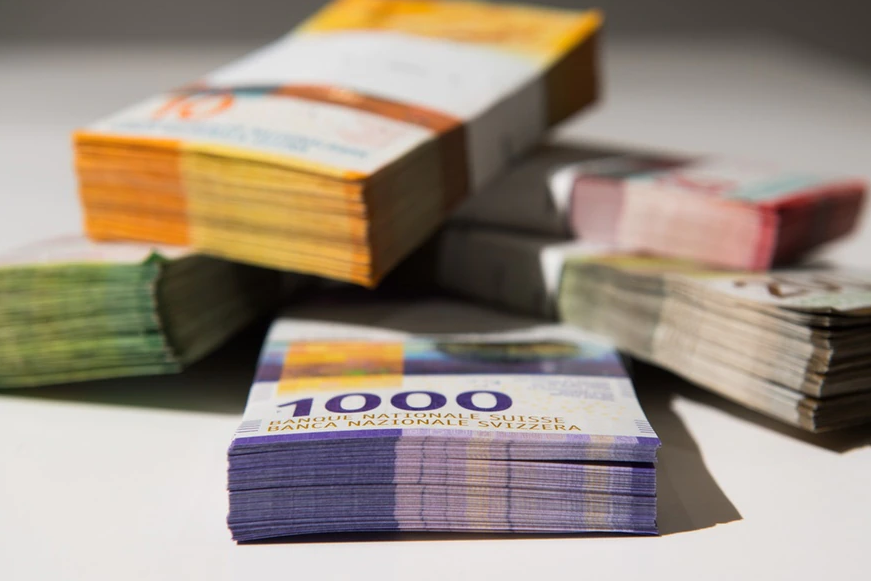Parliamentarians were split on how to divide the tax revenues © Keystone / Ti-press / Alessandro Crinari Switzerland’s 26 cantons will receive 75% of the additional revenue from the minimum taxation of large companies, the government 25%. On Tuesday the House of Representatives agreed with the Senate on the proposal to tax all companies with a turnover of more than €750 million (CHF740 million) at 15%, in line with a reform decided by the OECD and the G20. This additional tax is not disputed. It is the distribution of the potential additional revenue, between CHF1 billion and CHF2.5 billion, that is being debated. The House of Representatives had originally wanted to split the additional revenue 50-50 between the government and the cantons where the companies
Topics:
Swissinfo considers the following as important: 3.) Swissinfo Business and Economy, 3) Swiss Markets and News, Featured, Latest News, newsletter
This could be interesting, too:
Nachrichten Ticker - www.finanzen.ch writes Die Performance der Kryptowährungen in KW 9: Das hat sich bei Bitcoin, Ether & Co. getan
Nachrichten Ticker - www.finanzen.ch writes Wer verbirgt sich hinter der Ethereum-Technologie?
Martin Hartmann writes Eine Analyse nach den Lehren von Milton Friedman
Marc Chandler writes March 2025 Monthly
Switzerland’s 26 cantons will receive 75% of the additional revenue from the minimum taxation of large companies, the government 25%.
On Tuesday the House of Representatives agreed with the Senate on the proposal to tax all companies with a turnover of more than €750 million (CHF740 million) at 15%, in line with a reform decided by the OECD and the G20. This additional tax is not disputed. It is the distribution of the potential additional revenue, between CHF1 billion and CHF2.5 billion, that is being debated.
The House of Representatives had originally wanted to split the additional revenue 50-50 between the government and the cantons where the companies are located. The preliminary committee justified this, among other things, with the government’s gloomy financial prospects. As demanded by the Senate, however, three-quarters of the revenue will now go to the cantons where the companies concerned are located.
The political left had argued that the whole country should benefit from the revenue, not just economically strong areas. The political right had argued that the new tax disadvantaged Switzerland as a business location and the cantons needed money to attract companies.
A constitutional amendment is required to implement differentiated company taxation. Voters are expected to have their say on June 18, 2023. A transitional ordinance, which has already been put out to consultation, should then ensure that the minimum taxation comes into force on January 1, 2024. The corresponding law will be adopted at a later date.
Tags: Featured,Latest news,newsletter

